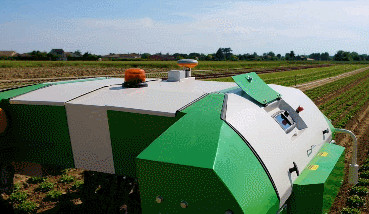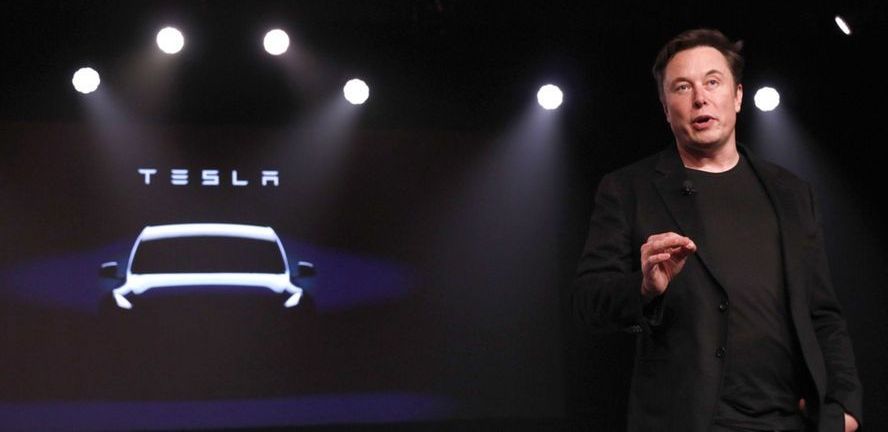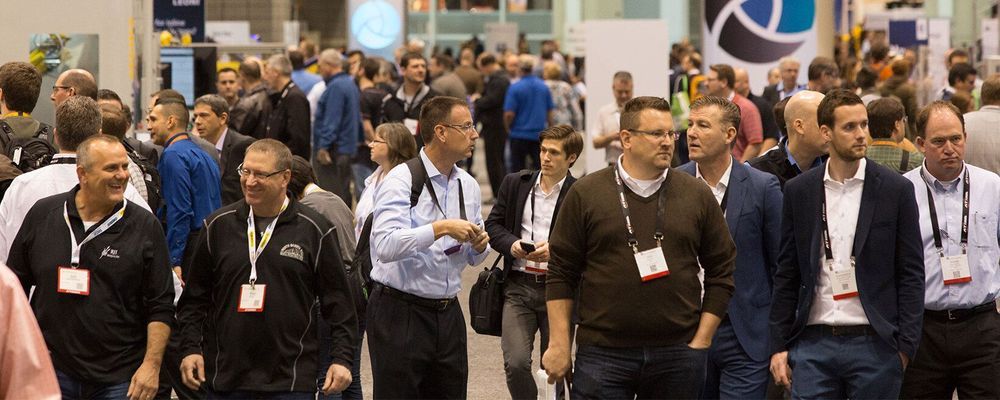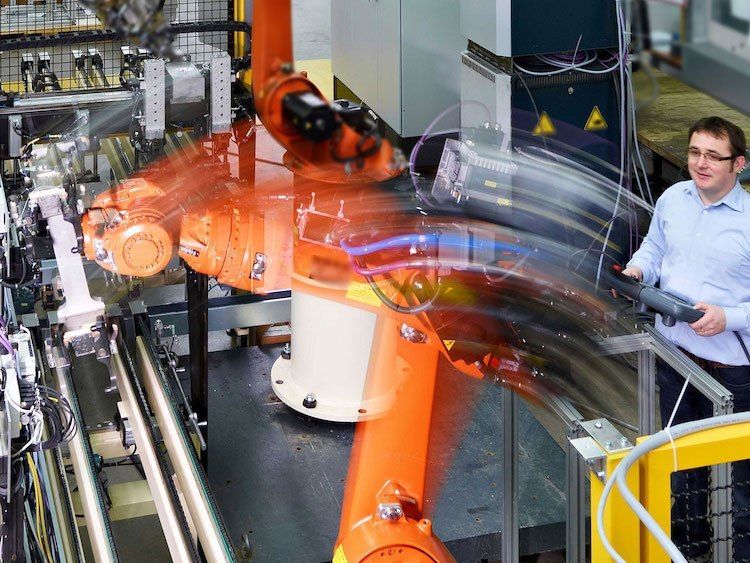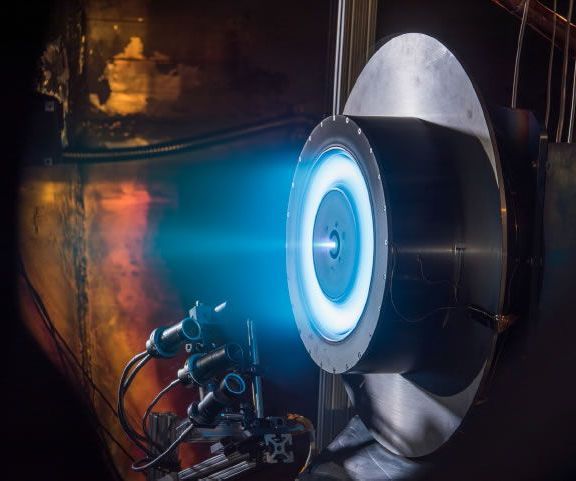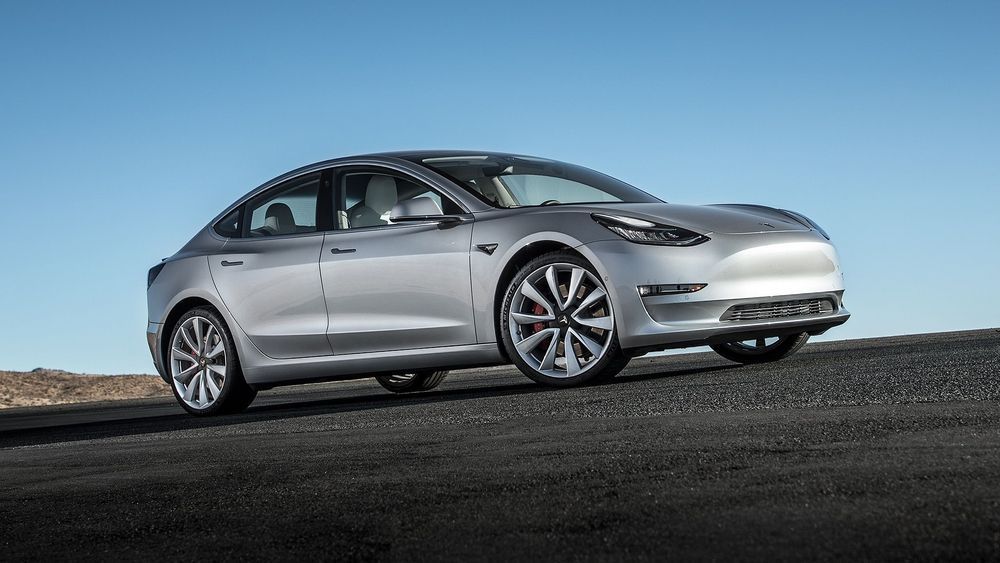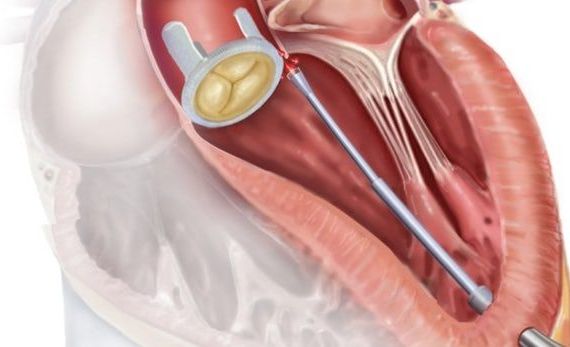As NASA seeks cost-effective access to destinations across the inner solar system, including cislunar space and Mars, it also seeks to shorten the cycle of time to develop and infuse transformative technologies that increase the nation’s capabilities in space, enable NASA’s future missions and support a variety of commercial spaceflight activities.
NASA’s Solar Electric Propulsion (SEP) project is developing critical technologies to extend the length and capabilities of ambitious new science and exploration missions. Alternative propulsion technologies such as SEP may deliver the right mix of cost savings, safety and superior propulsive power to enrich a variety of next-generation journeys to worlds and destinations beyond Earth orbit.
Energized by the electric power from on-board solar arrays, the electrically propelled system will use 10 times less propellant than a comparable, conventional chemical propulsion system, such as those used to power the space shuttles to orbit. Yet that reduced fuel mass will deliver robust power capable of propelling robotic and crewed missions well beyond low-Earth orbit — sending exploration spacecraft to distant destinations or ferrying cargo to and from points of interest, laying the groundwork for new missions or resupplying those already underway. Mission needs for high-power SEP are driving the development of advanced technologies the project is developing and demonstrating including large, light-weight solar arrays, magnetically shielded ion propulsion thrusters, and high-voltage power processing units.
Read more


